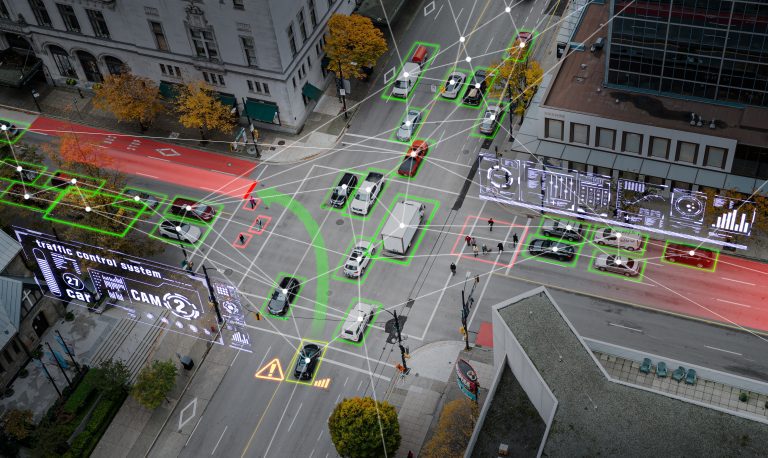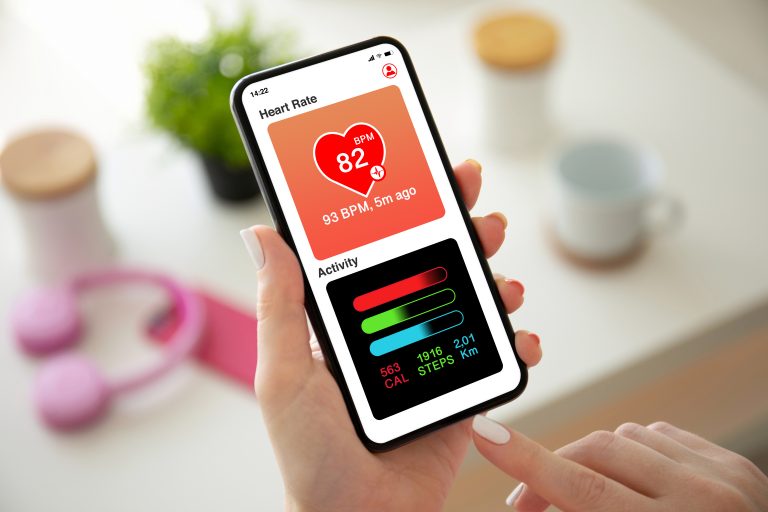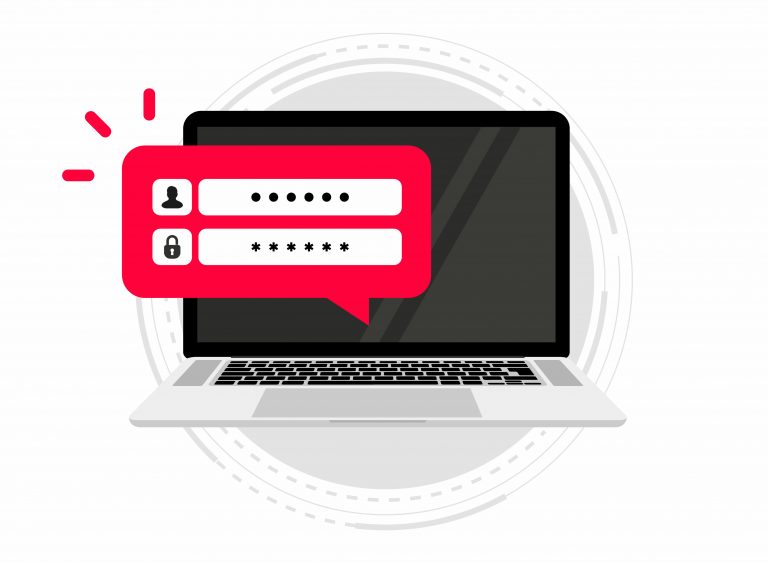Securing Your Health Data: Privacy Measures in Telemedicine
January 25, 2024Telemedicine has become an increasingly popular option for accessing healthcare services, allowing patients to consult with healthcare providers remotely. What…

Smart cars, also known as connected vehicles, are revolutionizing the way we drive. These high-tech vehicles come with a range of benefits, from improved safety to increased efficiency and enhanced convenience.
Smart cars, or connected cars, have advanced communication and wireless capabilities, allowing them to connect to the internet. This connectivity enables features like GPS navigation, real-time traffic updates, remote diagnostics, and over-the-air software updates. Smart cars can seamlessly integrate with smartphones and smart home systems, enhancing safety, efficiency, and convenience for both drivers and passengers through data collection and analysis.
Smart cars utilize advanced data collection mechanisms and AI technology to enhance driving experiences. Sensors, cameras, and radar continuously gather information about surroundings and driver behavior. AI algorithms process this data for real-time decisions on navigation, collision avoidance, and adaptive cruise control, leading to safer and more efficient driving. These advancements enable features like autonomous driving, predictive maintenance, and personalized in-car experiences.
Smart cars offer a range of benefits, including improved safety features, enhanced fuel efficiency, and access to real-time traffic updates for efficient navigation.
Smart cars prioritize safety through advanced safety features and robust cybersecurity measures to mitigate potential vulnerabilities.
One of the key safety features in smart cars is the integration of advanced driver assistance systems (ADAS). These include technologies such as automated emergency braking, lane-keeping assist, and adaptive cruise control to enhance the overall safety of the vehicle.
These systems continuously monitor the surroundings and can automatically react to potential hazards, thereby reducing the risk of accidents. Along with physical safety features, the cybersecurity aspect of smart cars is crucial.
With the increasing connectivity and reliance on electronic systems, cybersecurity vulnerabilities have become a major concern for consumers. To address this, manufacturers are implementing robust security protocols, such as encryption mechanisms, secure communication channels, and regular software updates.
Smart cars optimize fuel efficiency and streamline navigation processes by leveraging real-time GPS updates and advanced route optimization technologies.
Real-time GPS updates in smart cars constantly adapt to the current traffic conditions, allowing the vehicle to choose the most efficient routes. By integrating data on traffic flow and road conditions, smart cars can dynamically adjust their navigation strategies to maximize fuel efficiency.
Smart cars utilize advanced route optimization technologies to analyze multiple potential routes, taking into account factors such as inclines, traffic lights, and speed limits. This further enhances their fuel-saving capabilities.
Smart cars offer enhanced convenience through features like remote access capabilities and integrated entertainment systems for a more enjoyable driving experience.
Remote access allows drivers to control various car functions from a distance, such as locking and unlocking doors, checking fuel levels, and pre-cooling or heating the interior, all through a smartphone app or smartwatch.
This level of connectivity ensures that the vehicle is ready and comfortable before the driver even steps inside. Integrated entertainment systems provide access to music streaming, navigation, and hands-free calling, allowing for a seamless and entertaining driving experience.
Privacy concerns with smart cars involve the collection and potential misuse of personal information, including location tracking and driving habits. This raises questions about the security and privacy of users. Legal implications and potential vulnerabilities must be understood, as the continuous data stream from modern cars can create detailed profiles, leading to concerns about insurance premiums, surveillance, and personalized advertising.
Smart cars raise concerns about data collection and sharing practices, necessitating a focus on privacy settings and data control mechanisms to address potential privacy risks.
As smart cars continue to advance, they gather a wealth of personal data ranging from locational information, driving habits, and even passenger details. This influx of sensitive information necessitates stringent privacy measures to protect the data from unauthorized access and misuse.
In addition, the efficient sharing of certain data, such as traffic and road condition details, holds the potential to enhance overall transportation and city planning. Careful consideration of who has access to this shared information is essential to prevent abuse and ensure the ethical use of data for the collective benefit.
Smart cars are susceptible to cybersecurity risks, including the potential for data breaches and unauthorized access, necessitating robust security measures to safeguard wireless data privacy.
With the increasing integration of IoT technology in modern vehicles, the risk of hacking and unauthorized access to sensitive, vehicle data and systems is a major concern.
The collection and transmission of personal data by smart cars also pose significant privacy risks, as this information can be vulnerable to interception and exploitation by malicious entities.
As smart cars become more interconnected effectively connected computers and autonomous, the need for advanced encryption, firewalls, and intrusion detection systems becomes imperative in protecting against cyber threats.
Location tracking capabilities in smart cars built-in apps could raise surveillance risks and potential privacy breaches, highlighting the need for transparent privacy practices and data encryption to protect user privacy.
The advancement of technology in smart cars has brought forth the concern of potential privacy breaches through location tracking.
With the ability to capture and store detailed information about a user’s movements, there is a growing need for heightened security measures. Transparency in data privacy practices is essential to establish trust between users and smart car manufacturers. By implementing rigorous data encryption protocols, car companies can ensure that sensitive location information remains secure, reducing the risk of unauthorized access and potential misuse.
Smart car owners can safeguard their privacy by monitoring data sharing, giving informed consent for usage, and using privacy-enhancing technologies. Scrutinizing privacy policies ensures alignment with personal preferences, limiting sensitive data collection. Installing encryption tools and firewall software on connected vehicles adds an extra layer of defense against unauthorized access or hacking attempts, enhancing user privacy.
Smart car owners should prioritize reading and understanding privacy policies to ensure comprehensive data protection and privacy safeguards for their connected vehicles.
By thoroughly assessing these privacy policies, individuals can be better equipped to make informed decisions about the types of data being collected, how it is being used, and what measures are in place to safeguard their privacy.
This is especially crucial as smart cars gather a plethora of sensitive information, ranging from location data to driving behavior. Without a clear understanding of the privacy policies, individuals may inadvertently expose themselves to potential privacy breaches and data misuse.
Smart car owners can limit data sharing by employing data minimization practices, selectively sharing only essential information to mitigate potential privacy risks and data vulnerabilities.
One effective strategy is to regularly review and adjust the settings on the vehicle’s infotainment system and connected apps to limit the data collected and shared. Owners can opt out of non-essential data collection and transmission services offered by the car’s manufacturer or third-party providers.
Smart car owners should prioritize sharing only necessary information, such as location data for navigation and maintenance alerts while refraining from providing sensitive personal details unless necessary. By being proactive in controlling data flows, individuals can maintain a higher level of privacy and security without compromising the essential features and functionality of their smart vehicles.
Smart car owners can enhance their privacy by leveraging secure communication channels, encrypted data transmission, and trusted apps to protect their personal information and driving behaviors.
Secure communication channels ensure that the data exchanged between the smart car and external entities is encrypted, preventing unauthorized access and eavesdropping.
Encrypted data transmission adds another layer of security by safeguarding the information transmitted from the smart car to the cloud or other internet-connected cars and devices. Using trusted apps for smart cars not only provides additional security measures but also minimizes the risk of data breaches and unauthorized access to sensitive driving data.
The future impact of smart cars on privacy poses evolving challenges and opportunities, shaping the privacy landscape. As these vehicles become integral to daily life, concerns arise about the collection and use of vast personal data.
The interconnected nature of smart car technology opens avenues for potential vulnerabilities and breaches, necessitating robust safeguards. With the potential for detailed user information gathering, including location, driving habits, and biometric data, innovative data protection mechanisms, such as encryption and authentication protocols, are crucial to mitigate risks from the increasing data streams.
Governments can regulate smart car privacy by implementing strong regulations, enforcing data protection standards, and collaborating with industry stakeholders for comprehensive privacy safeguards. Specific laws governing the collection, storage, and sharing of personal information by smart cars can be created.
Enforcing data protection standards involves establishing secure and collected data handling protocols to minimize and address privacy breaches. Collaboration with industry stakeholders helps develop best practices and technological standards, fostering a unified approach to smart car privacy across jurisdictions.
Privacy-conscious individuals can opt for alternative transportation options, like non-connected vehicles or private transportation services, to mitigate potential privacy risks associated with smart cars. Non-connected vehicles operate independently, reducing the risk of data interception, and providing a sense of security for those concerned about privacy.
Private transportation services, often prioritizing confidentiality, offer peace of mind for individuals looking to safeguard their privacy while commuting.

Telemedicine has become an increasingly popular option for accessing healthcare services, allowing patients to consult with healthcare providers remotely. What…

In a world where cyber threats are becoming increasingly sophisticated, the importance of having strong passwords cannot be overstated. But…

Are you looking for a new job while still employed? Discreet job searching online is the key to keeping your…